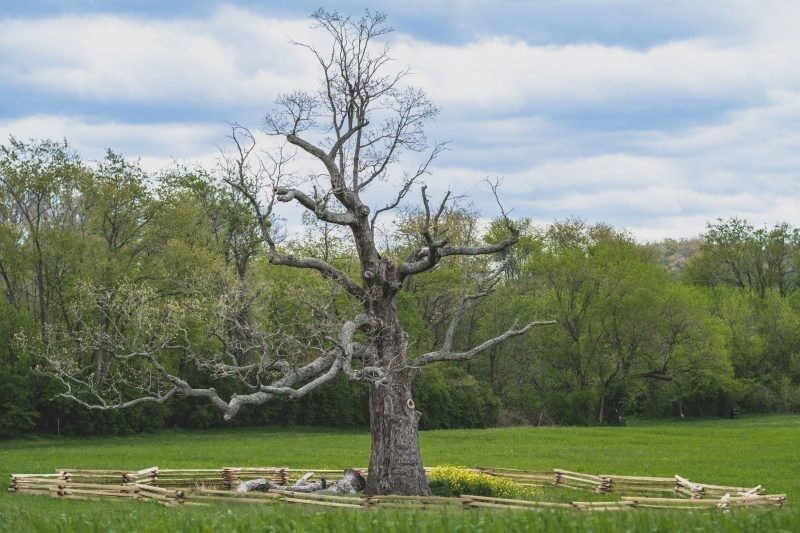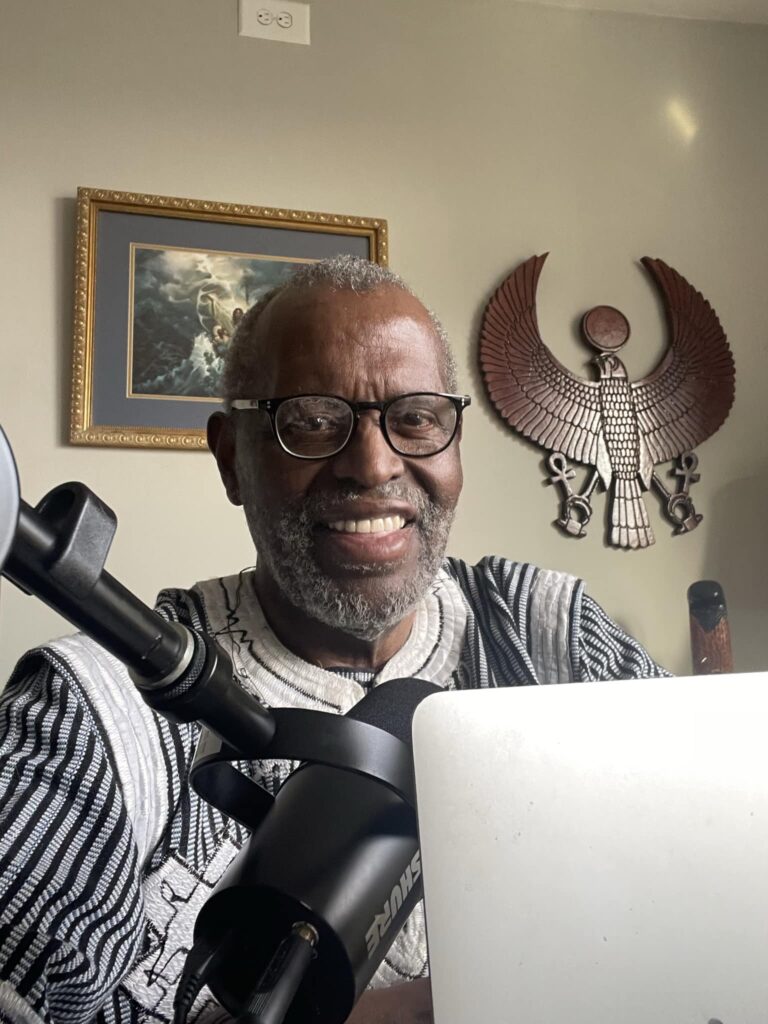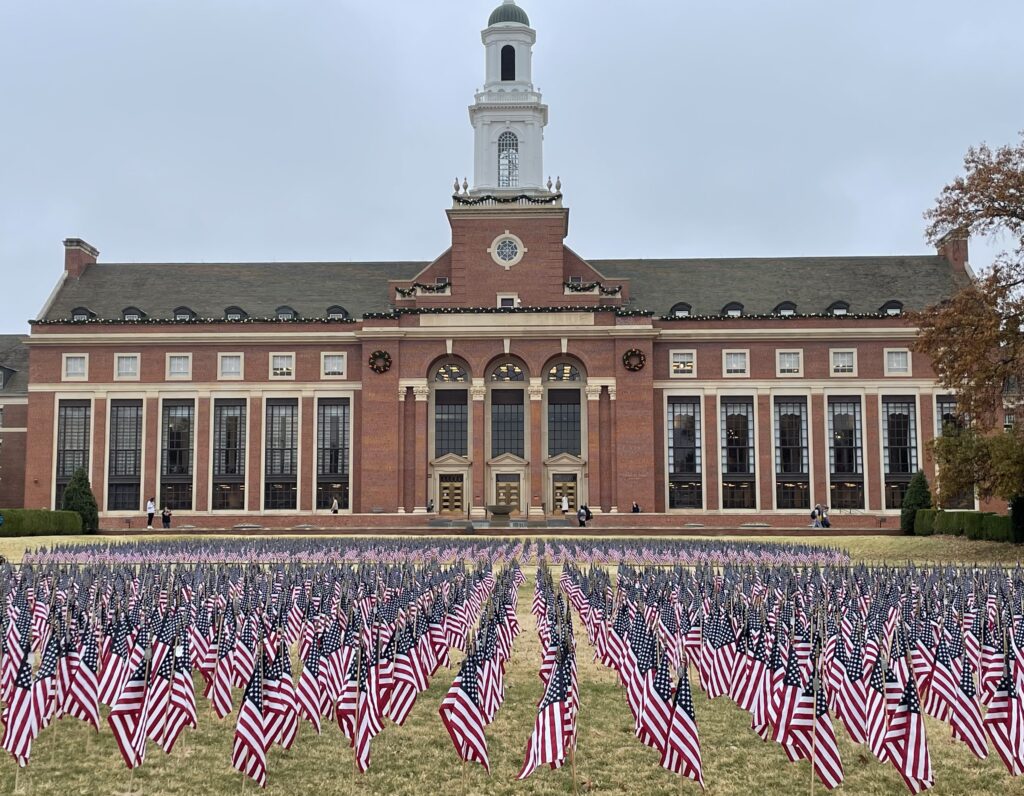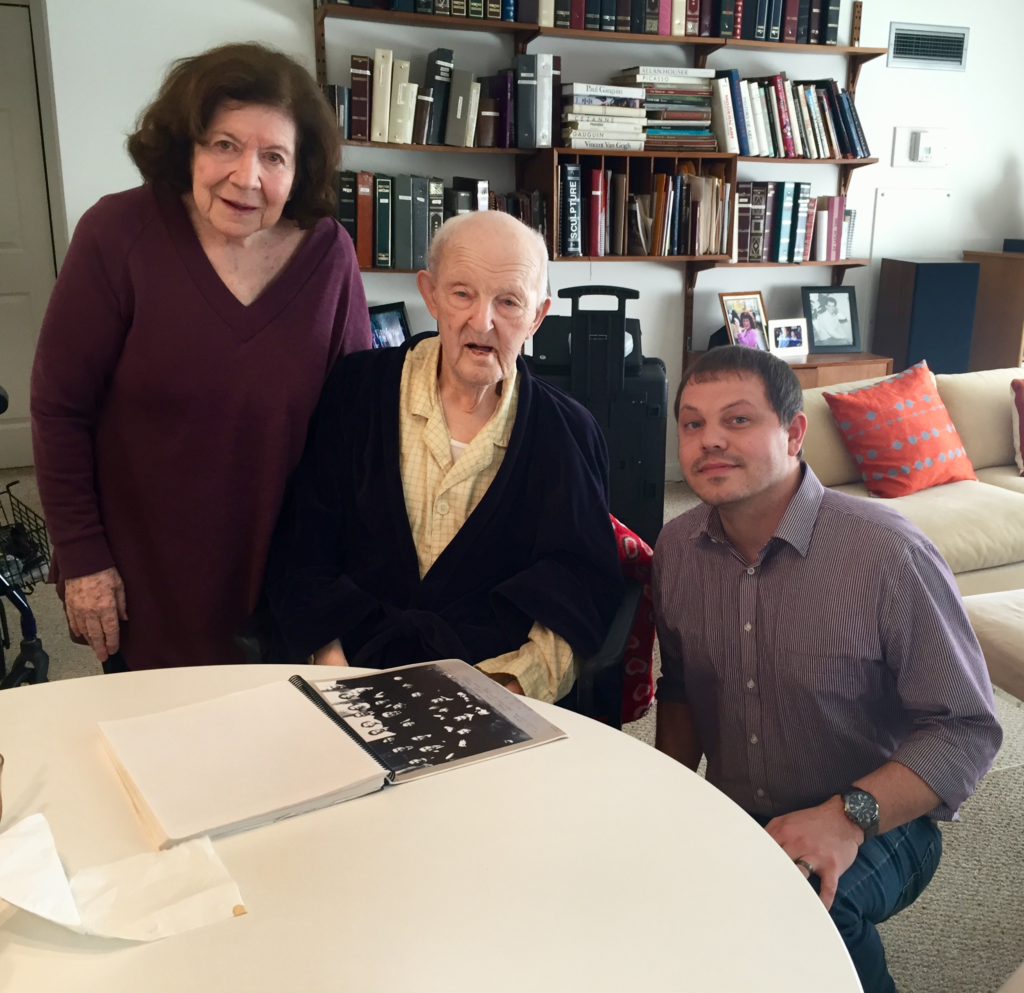Descendant Communities Reconciliation Project

Between 1774 and 1865, more than 200 people were enslaved on the land that Virginia Tech was built upon. In March of 2022, during its 150th commemoration, Virginia Tech invited to campus descendants of the Fraction and McNorton families, whose ancestors were enslaved at Smithfield and Solitude plantations. That Spring, students in my Oral History undergraduate course recorded oral histories with more than 20 descendants. Since then, I have been partnering with Dr. Kerri Moselely-Hobbs, executive director of the More Than a Fraction Foundation to carry on this work. We are continuing to record oral histories with descendants whose ancestors were enslaved in southwestern Virginia. We are exploring the potential of oral history as part of the process for truth and reconciliation between the descendants of the enslaved and the enslavers. In this spirit, we are also recording interviews with members of the Preston family, whose ancestors enslaved the Fractions. This project aims not only to record the stories, memories, and experiences of past generations, but it also seeks to document this moment of reckoning, as the descendants of both families confront their relationships to the institution of slavery. Only in the past few years have family members begun to acknowledge the history of slavery at Smithfield, and thanks in large part to Dr. Kerri Moselely-Hobbs, Virginia Tech has also begun the long process of acknowledging this troubling history, too. In this moment, as the United States confronts a more honest accounting of history, we believe the stories of these families can teach us about how to face ongoing racial violence and the living legacies of slavery.



Oral Histories with Veterans
Since 2021, I have been involved in projects that seek to cross the military-civilian divide and increase understanding of veterans’ experiences through oral history interviews and teaching. Students in my Vietnam War course have recorded more than 30 oral history interviews with Vietnam veterans and most were archived in the Library of Congress Veterans History Project.


With my colleague, Dr. Jim Dubinsky, co-founder of the Veterans in Society initiative at Virginia Tech, we are planning for a potential NEH public humanities grant, proposed to commemorate the 50th anniversary of the end of the Vietnam War. As a component of this project, I am currently supervising an oral history project with alumni of the Virginia Tech Corps of Cadets who served in the Vietnam War. In partnership with the Corps of Cadets, I am training students who volunteered to record remote interviews with veterans. “The Things They Still Carry” seeks to provide educational opportunities for students and the public to understand the experiences of Vietnam veterans and, equally important, for veterans to share their stories, participate in the Library of Congress Veterans History Project, and to share lessons with the next generation.

In the summer of 2023, I directed a NEH Summer Institute for K-12 teachers, “Crossing Divides: Connecting Veterans, Teachers, and Students through Oral History.” This institute offered two weeks of workshops, lectures, and field trips to Washington D.C., designed to prepare 20 K-12 educators to plan and carry out oral history projects with veterans in their local communities. See more details at the link above, including bios of the team members, visiting scholars, a detailed itinerary, the institute’s reading schedule and recommendations for further readings, training modules, and more resources.

Beginning in 2022, I directed an oral history project entitled, “Crossing the Military-Civilian Divide” with veterans in Virginia, documenting the stories of diverse groups of veterans, including African Americans, women, LGBTQ, antiwar, and veterans with disabilities. This project was part of a 4-Va collaboration grant between Virginia Tech and the College of William & Mary with Andre Taylor as my collaborating partner. We completed approximately twelve interviews and are in the process of creating a digital exhibit featuring their stories. Click on the photo to view the full interview with Jennifer Dane, CEO of the Modern Military Association of America.
I have made selected oral histories available on my Youtube page.
From 2017-20, I directed the Incarcerated Veterans Oral History Project, recording the memories and experiences of nearly 60 U.S. military veterans involved in the criminal justice system, including formerly incarcerated veterans, advocates, and members of Veteran Treatment Courts. This project seeks to understand the relationship between military-related trauma, disability, mental health, discrimination, and the incarceration of veterans since the Vietnam War. The interviews include a diverse group of Vietnam, Iraq, and Afghanistan War veterans. I am currently in the process of archiving the project in Special Collections and University Archives at the W.E.B. Du Bois Library at UMass Amherst.
Click on the photo to the right to view an oral history clip with Ari Sesu Merretazon, a formerly incarcerated veteran, discussing his efforts to organize the first VA office in a prison staffed entirely by incarcerated veterans and testifying to Congress in 1979 on issues related to incarcerated veterans.



In total, I have completed over 120 oral history interviews with veterans over the past twelve years. As an undergraduate, I first interviewed Leslie Hoppers, a USMC veteran who survived the battle of Tarawa, which was the most disastrous amphibious invasion in US history. He passed away a short while afterwards. During this time, I began interviewing Vietnam War veterans, becoming increasingly invested in studying reintegration experiences and traumatic memories. These experiences as an undergraduate were so moving and powerful that I have made it my life’s work to understand the often lifelong impacts of war and trauma on many veterans.
Click on the photo of Len Gardner, a survivor of the attack on Pearl Harbor, to listen to the full oral history of his life and serving in the Navy during the Second World War. His memory of one night on a ship in the middle of the Pacific Ocean will surprise you!

During my graduate studies in English at Oklahoma State University, I completed nearly 30 interviews for the “Spotlighting Oklahoma” project as an intern in the Oklahoma Oral History Research Program. In 2014, I had the special privilege to interview Melvin Morris, an African American Vietnam veteran who had been denied the Congressional Medal of Honor due to racial discrimination, only to be awarded the medal forty years later by then-President Obama. That summer, I decided that after finishing my Master’s in English, I would seek a Ph.D. in History, specializing in the Vietnam War. As a public history student at UMass Amherst, I also had a rare opportunity to interview a survivor of the attack on Pearl Harbor, Len Gardner, who was 95 years old at the time. Selected interviews and excerpts from various projects can be viewed on my YouTube page.
Training Tools and Workshops
As a graduate research assistant at UMass Amherst, I created an 8 part series that teach oral history methodology, from project planning to preservation. These efforts were part of a collaboration between the UMass Oral History Lab, Dr. Emily T. Hamilton, and UMass Department of Psychological and Brain Sciences, and Dr. Ashley Woodman. The teaching tools were funded by a UMass Five College Consortium Grant, which enabled us to make them open access.
I have also been an instructor of several oral history workshops. In March of 2020, I taught the “Neighborhood Voices Oral History Workshop,” sponsored by Dudley Street Neighborhood Initiative and Mass Humanities, in Roxbury, MA. As an affiliate of the UMass Oral History Lab, I also co-instructed several one day “crash courses” in oral history, intended to provide an overview of oral history best practices. I specialize in the ethical concerns of doing oral history with survivors of trauma.

Practitioner
As a practitioner of oral history, I have completed nearly 100 oral history interviews since 2011, when I first interviewed WWII and Vietnam War veterans as an undergraduate student. During my graduate studies in English at Oklahoma State University, I completed nearly 30 interviews for the “Spotlighting Oklahoma” project as an intern in the Oklahoma Oral History Research Program.
As a doctoral student at UMass Amherst, I launched the Incarcerated Veterans Oral History Project to explore the untold history of veterans in the criminal justice system. During this time, I also interviewed UMass alumnus, Len Gardner, who survived the attack on Pearl Harbor. Gardner’s family members then commissioned me to conduct a family oral history project with Croatian-American relatives of Strawberry Hill in Kansas City, KS. Selected interviews and excerpts from various projects can be viewed on my YouTube page. In fact, I have been involved in several oral history projects beyond my research with veterans, such as with the Emily Dickinson Museum. I also had the profound honor to do an end-of-life interview with Sol Berg, a holocaust survivor, in collaboration with the UMass Institute for Holocaust, Genocide, and Memory Studies.

Service
I have been an active member of the Oral History Association since attending the 2016 conference in Long Beach, CA. I have presented and organized panels at nearly every OHA conference since then. From 2018-21, I also served on the teaching award selection committee. In addition, I am a peer-reviewer for the Oral History Review, most recently reviewing an article in its special issue on ethics.